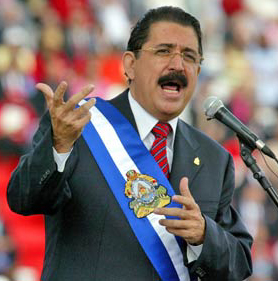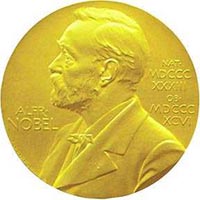By Tobias Thienel
The organisers of an international symposium at Melbourne Law School have asked me to publish this Call for Papers. I’m more than pleased to do so. This should be a good one.
UNTOLD STORIES: HIDDEN HISTORIES OF WAR CRIMES TRIALS
A two-day international symposium to uncover and explore some of the less well-known war crimes trials, both international and domestic.
Melbourne Law School
15th and 16th October 2010
Presented by The Asia Pacific Centre for Military Law, Melbourne Law School, and supported by an Australian Research Council Discovery Project Grant
Organizers: Gerry Simpson, Tim McCormack, Kevin Heller, Jennifer Balint
CALL FOR PAPERS
Deadline for Abstracts: 30th May 2010
As international criminal law matures, there has been a return to history. Intriguing research agendas have focused on the origins of international criminal law in the repression of piracy or slave-trading and on the institutional innovations found at Versailles and The Hague. Meanwhile, familiar landmarks are being revisited in order to clarify ongoing doctrinal debates (aggression at Nuremberg, conspiracy at Tokyo, and so on). Alongside all of this is increased interest in less familiar war crimes trials, both international and domestic.
The idea behind this symposium is to uncover and explore some of the less well-known – perhaps even obscure – war crimes trials. As an example, Kevin Heller, one of the organizers, will be presenting a paper on the twelve Nuremberg Military Tribunals held under Control Council Law No. 10. There will also likely be papers on the war crimes trials held in Bangladesh after the secession, on the recent genocide trial in Ethiopia, and on the post-war trials under Australian jurisdiction in the Far East.
The symposium will be held over two days. We regret we cannot offer travel or accommodation expenses, but lunches and teas (morning and afternoon) will be provided. A speakers’ dinner will be held on the evening of the 15th and an informal dinner on the 16th for those who remain in town.
In addition to the organizers, confirmed participants in the symposium include Mark Drumbl and Larry May. The organizers intend to publish the papers presented at the symposium as an edited book; Oxford University Press has indicated preliminary interest.
If you are interested in presenting a paper at the symposium or contributing to the planned book, please send a 300-500 word abstract and a short C.V. no later than 30th May 2010 to Gerry Simpson c/o Cathy Hutton, Administrator, APCML (c [dot] hutton [at] unimelb [dot] edu [dot] au). Doctoral students are welcome to submit abstracts.
Questions about the symposium can be directed to Kevin Heller (kheller [at] unimelb [dot] edu [dot] au)

 The International Court of Justice has
The International Court of Justice has  By Tobias Thienel
By Tobias Thienel